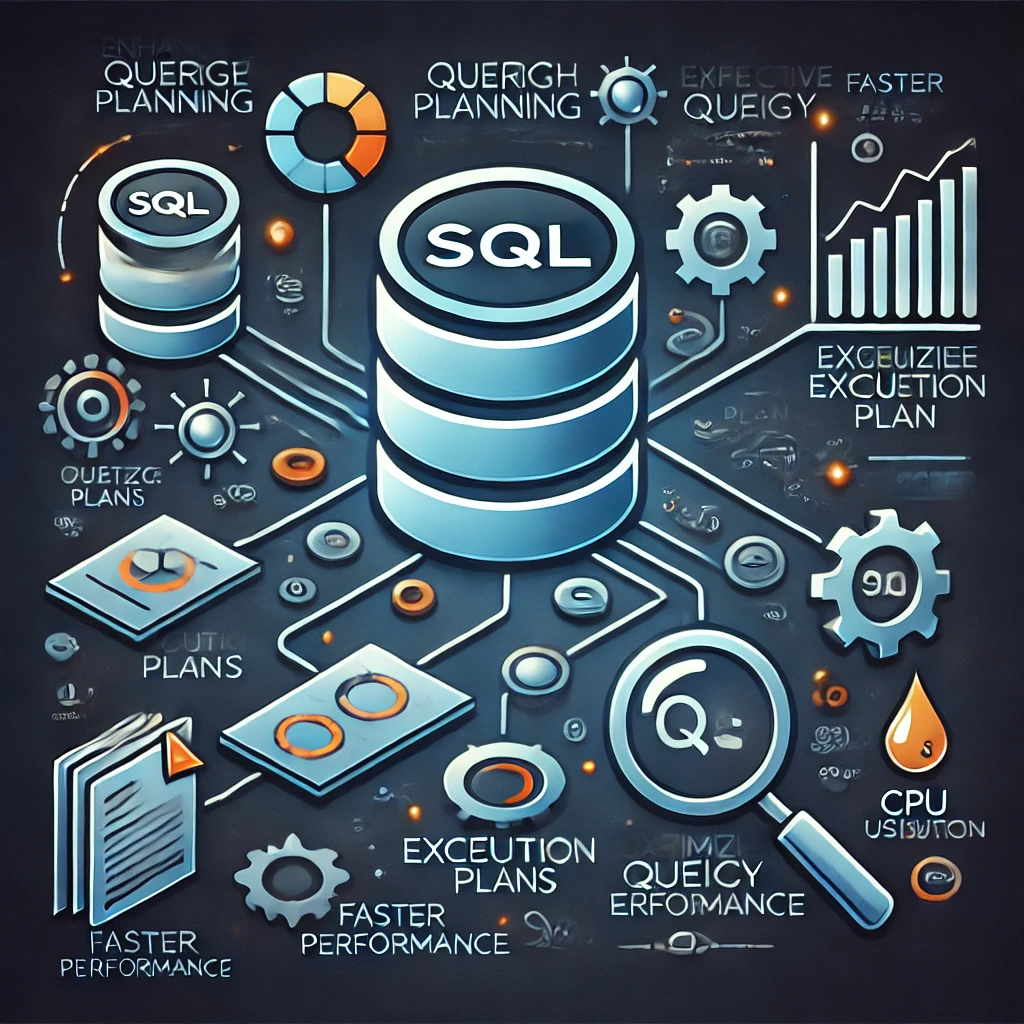Artificial Intelligence in DevOps: Reducing Downtime with Predictive Analytics
 Adrian Miller in artificial-intelligence118 days ago
Adrian Miller in artificial-intelligence118 days ago
DevOps, the practice of merging development and operations, has revolutionized software delivery. But even with streamlined workflows, downtime remains a costly problem. Enter Artificial Intelligence (AI), specifically predictive analytics, which can significantly reduce downtime by proactively identifying and addressing potential issues before they occur.
Understanding the Power of Predictive Analytics
Predictive analytics, a branch of AI, utilizes data analysis and machine learning algorithms to predict future events. In the DevOps context, it's applied to system logs, monitoring data, and historical performance records to anticipate potential issues. Think of it as a proactive system health check, identifying anomalies and predicting failures before they disrupt operations.
How AI Powers Downtime Reduction
Here's how AI-driven predictive analytics transforms DevOps:
- Anomaly Detection: AI algorithms analyze vast amounts of data, identifying deviations from normal patterns. This allows for early detection of potential issues that might otherwise go unnoticed.
- Root Cause Analysis: Predictive analytics helps pinpoint the root causes of past failures, allowing teams to proactively address similar problems in the future.
- Proactive Maintenance: Based on predicted failures, AI systems can recommend preventive maintenance tasks, ensuring systems remain healthy and avoid unexpected outages.
- Resource Optimization: AI can analyze resource usage patterns and predict future demands, optimizing resource allocation and preventing bottlenecks.
- Automated Response: In some cases, AI can even automate response to predicted issues, minimizing downtime and allowing for faster recovery.
Benefits of Using AI in DevOps
Adopting AI-powered predictive analytics offers significant advantages:
- Reduced Downtime: By identifying potential issues before they occur, AI minimizes the risk of unplanned outages, leading to greater uptime and reduced operational costs.
- Improved System Stability: Proactive maintenance and root cause analysis contribute to a more stable and reliable system, enhancing overall performance.
- Increased Efficiency: AI automates tasks like anomaly detection and resource optimization, freeing up DevOps teams to focus on strategic initiatives.
- Data-Driven Decision Making: AI provides valuable insights into system behavior, allowing teams to make data-driven decisions and optimize their operations.
Implementation Considerations
While the benefits of AI in DevOps are clear, successful implementation requires careful consideration:
- Data Quality: Accurate and complete data is crucial for effective AI analysis. Invest in robust data collection and management practices.
- Model Training: AI models need extensive training with historical data to achieve reliable predictions. Be prepared to continuously refine your models.
- Integration: Seamless integration of AI tools with existing DevOps workflows is essential for streamlined operations.
- Security: Implement appropriate security measures to protect sensitive data used by AI systems.
Conclusion:
AI, specifically predictive analytics, is a game-changer in DevOps, offering the potential to significantly reduce downtime and improve system stability. By leveraging the power of data analysis and machine learning, organizations can proactively address potential issues, optimize resources, and ensure seamless operations. Embracing AI-driven strategies is crucial for staying ahead in the rapidly evolving landscape of software development and delivery.



